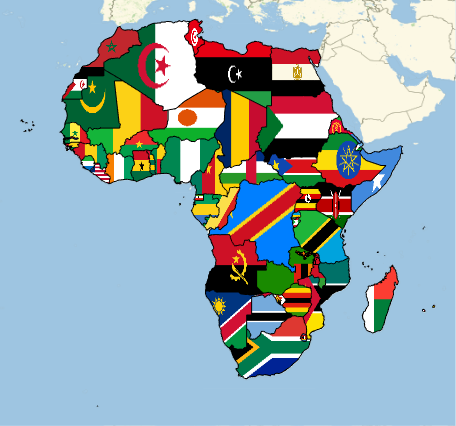Energy Policy & Regulation
AFRICA TO RECEIVE ONLY 2% OF GLOBAL CLEAN ENERGY INVESTMENT.
Irene Jerry

The International Energy Agency (IEA) anticipates that global investment in renewable energy, spanning electric vehicles, nuclear power, grids, storage, low-emission fuels, efficiency upgrades, and heat pumps, will reach $2 trillion this year. This figure represents a doubling of investment compared to fossil fuels, marking the second consecutive year where renewable energy and grid investments outpace those directed toward fossil fuels. Despite facing challenges like high interest rates and reduced investment from major oil companies, the clean energy sector is experiencing this upward trend.
However, the IEA cautions against significant imbalances in global energy investment distribution. For instance, the entire African continent is projected to receive merely $40 billion of the $2 trillion clean energy investment, with an additional $70 billion earmarked for fossil fuels. This falls well below the annual $200 billion needed through 2030 to meet Africa's climate objectives. Africa's energy expenditure remains low, with only 1.2% of its GDP allocated to energy investments, notably lower than the global average of 1.8%.
Despite Africa's modest contribution of 4% to global greenhouse gas emissions, the continent faces disproportionate vulnerability to climate change impacts. Seven of the ten most climate-vulnerable countries are situated in Africa. Additionally, although Africa houses approximately 17% of the global population, over half of all carbon emissions are generated by the wealthiest 10% of the global populace. This underscores the urgent need for increased investment in clean energy infrastructure across the continent to mitigate climate risks and foster sustainable development.
